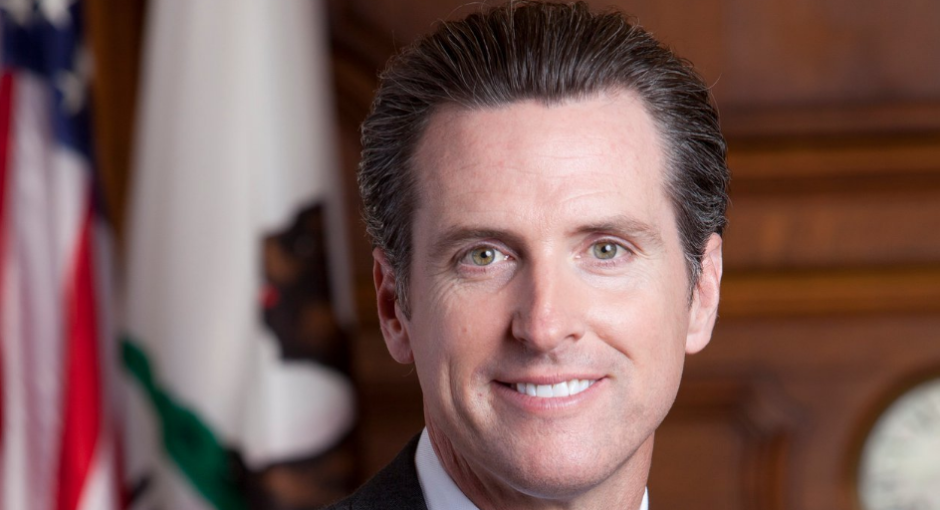California health centers asked Gov. Gavin Newsom (D) on Friday to delay implementing his controversial transfer of Medicaid drug benefits from managed care to fee for service until January 2022, to let health centers “focus on the needs of their communities in the midst of this pandemic.” The switch is expected to cost 340B providers hundreds of millions of dollars in lost revenues on 340B drugs billed to Medi-Cal. Under Medi-Cal fee for service, providers must bill for 340B-purchased drugs at actual acquisition cost plus a dispensing fee. Under Medi-Cal managed care, they can bill at higher contracted rates.
Newsom’s order originally was scheduled to take effect on Jan. 1. The state health department in November pushed that back to April 1 due to “the ongoing challenges and constantly evolving health care landscape associated with the unprecedented COVID-19 public health emergency.”
“The Newsom administration has already delayed the transition once due to the impact of COVID-19 and health centers believe another delay is necessary,” the California Primary Care Association (CPCA) said Feb. 5.
“When Governor Newsom announced his intentions to transition the pharmacy program to Medi-Cal Fee For Service in 2019, the healthcare system was in a much different place,” CPCA President and CEO Carmela Castellano-Garcia said. “We feel that this additional delay will give everyone the time and space to focus on what must be done to end the COVID-19 pandemic.”
A separate group of California health centers sued in federal district court last October to stop the state health department from implementing Newsom’s order. CPCA is not a party to the suit. In November, the court denied the smaller group’s motion for a temporary restraining order. In late December, the state health department filed a motion to dismiss the case. The health centers simultaneously filed a motion for a preliminary injunction. A hearing on the state’s motion is scheduled for Feb. 23, and on the health centers’ motion for March 9.
In a related development, Kern Medical Center in Bakersfield, Calif., recently told local news outlets it was closing its two retail pharmacies due to significantly reduced Medi-Cal reimbursement for 340B-purchased drugs under Newsom’s order.
The Bakersfield Californian newspaper, citing a Kern news release not yet posted on hospital’s web site, reports its pharmacies have a positive financial margin under their existing Medi-Cal drug reimbursement, but will operate at a $2.5 million loss after Newsom’s order is implemented.
Newsom’s order “drastically reduces Medi-Cal reimbursement for 340B drugs and shifts the benefit our pharmacies receive to the State of California,” the Kern Medical news release reportedly said. “Our pharmacies needed the 340B drug pricing program as structured before this Executive Order to maintain our retail pharmacy services. The implications of this Executive Order’s impact are far reaching as reimbursement for prescriptions will be limited to a drug’s acquisition cost plus a small dispensing fee.” Kern said that 28 employees work at the two pharmacies. It is unclear of their employment status after the March 31 anticipated closing date.
A federal 340B program compliance audit in 2019 found that Kern did not list some offsite outpatient facilities in the federal 340B program database, dispensed a drug for a prescription written at an ineligible site, and had inaccurate or incomplete information in the 340B program Medicaid Exclusion File. Kern repaid manufacturers for improperly purchased drugs, and the audit was closed last September.


